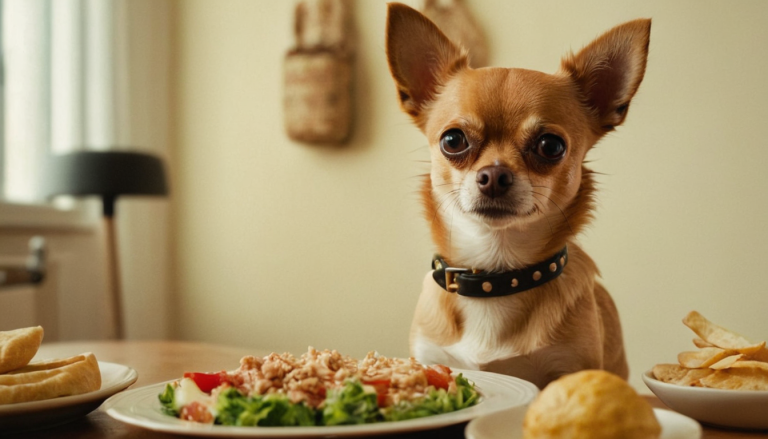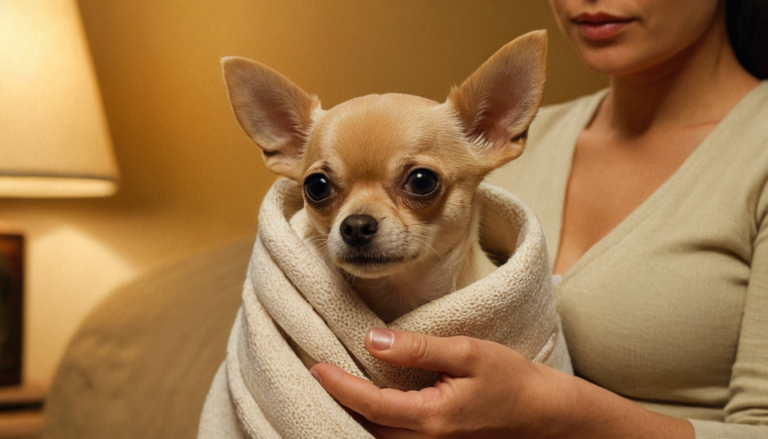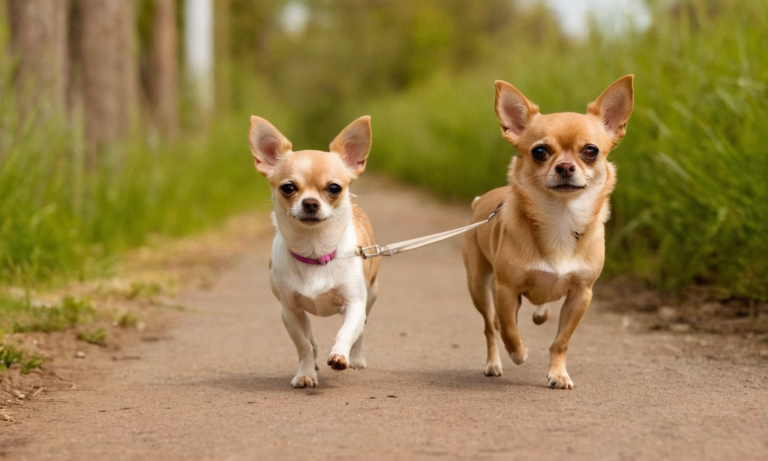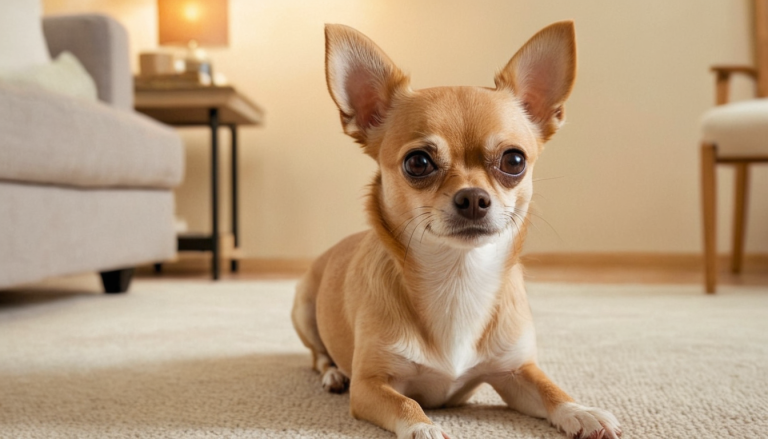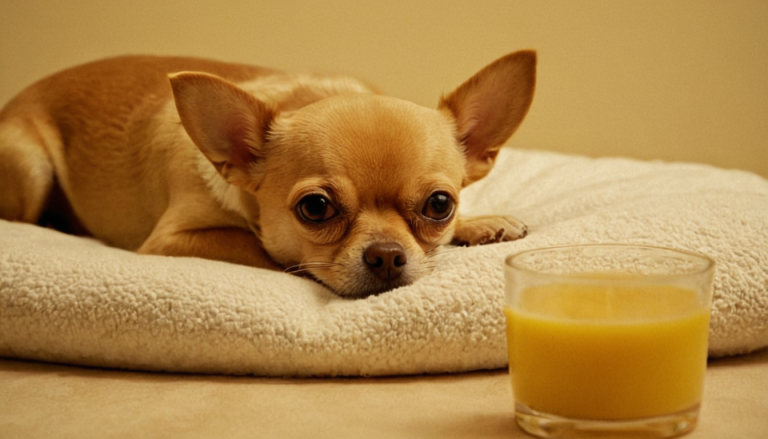What to Do if Your Chihuahua is a Picky Eater: A Guide for Concerned Pet Parents
It can be incredibly frustrating and even agonizing to watch your beloved Chihuahua turn up their tiny nose at a bowl of perfectly good dog food. Whether you’ve invested in premium kibble, natural raw diets, or specialized online pet food delivery, a picky eater can cause endless worry for any dog lover. If your pint-sized companion has become a culinary critic, don’t despair! This guide offers actionable steps for American pet parents to navigate and correct picky eating habits in Chihuahuas.
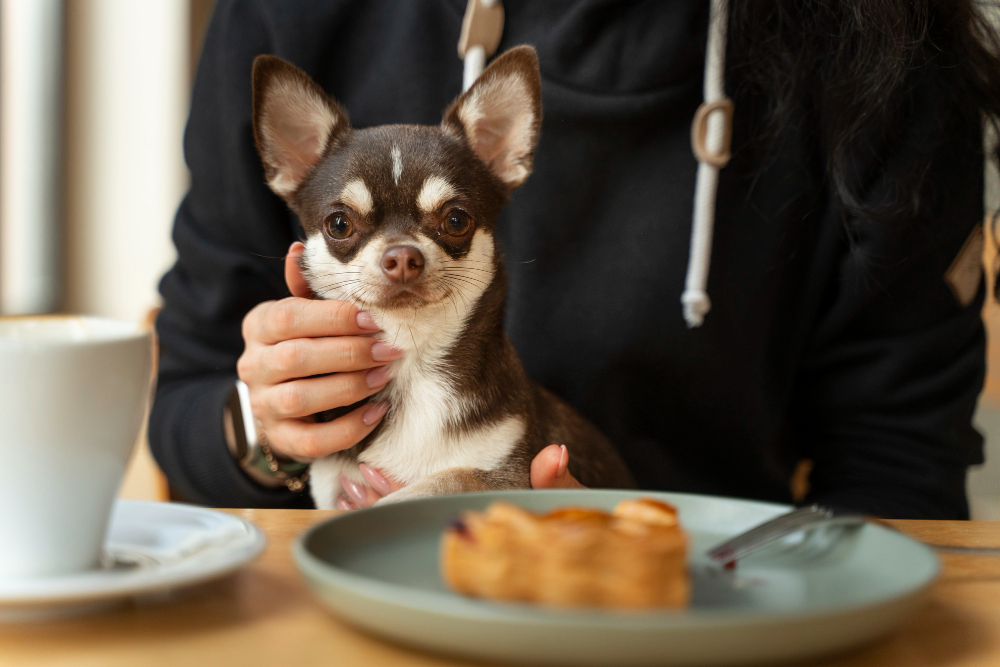
Understanding Your Chihuahua’s Dietary Needs & Habits
Many dog owners mistakenly believe their Chihuahua is “bored” with their food, much like humans might tire of eating the same meal. However, this is rarely the case for dogs. Unlike us, canines generally thrive on consistency and don’t crave variety in their daily diet. A healthy dog is typically content eating the same nutritious meal day in and day out.
If your Chihuahua, who normally eats well, suddenly becomes a finicky eater, the very first step is to consult your veterinarian. A sudden change in appetite can be a significant indicator of an underlying medical issue, dental problems, or discomfort. Ruling out health concerns is paramount before addressing behavioral pickiness.
Should you decide to switch your Chihuahua’s food formula, always do so gradually. Start by mixing a small amount of the new food with their old food, slowly increasing the proportion of the new food over several days to a week. This gentle transition helps prevent digestive upset and allows your dog to acclimate to the new taste and texture, reducing the likelihood of a “hunger strike.”
The Impact of Treats and Table Scraps on Picky Eating
One of the most common culprits behind picky eating in Chihuahuas is, ironically, the well-intentioned generosity of their human companions. Over-the-top treat giving throughout the day or, even worse, sharing scraps from the dinner table, can quickly turn your dog into a food snob.
Of course, your Chihuahua will likely prefer a morsel of whatever delicious human food you’re enjoying over their own kibble. This behavior inadvertently teaches them to hold out for “better” options, avoiding their nutritionally balanced meals in anticipation of receiving more high-value goodies under the dining room table. Furthermore, consistently feeding table scraps can lead to serious health issues like obesity, pancreatitis, and nutritional deficiencies, as human foods are not formulated to meet a dog’s specific dietary requirements.
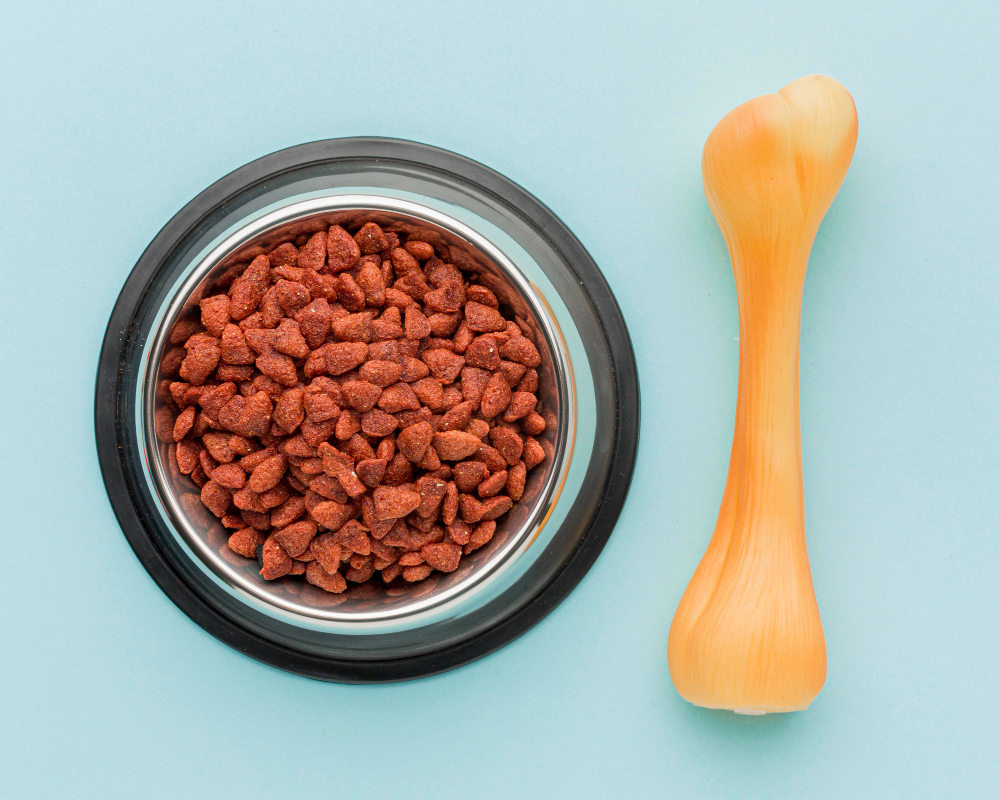
To correct this, you must establish clear boundaries. Stop feeding your Chihuahua from the table immediately and implement a strict limit on the number of daily or weekly treats. Treats should be used for training or as special rewards, not as a primary food source or a continuous indulgence.
Implementing a Picky Eating Correction Strategy
Once medical issues are ruled out and human food temptations are removed, it’s time to get firm and consistent with your Chihuahua’s mealtime routine. Follow this proven strategy to re-establish healthy eating habits:
- Set a Schedule: Establish a consistent feeding schedule, typically two meals a day for adult Chihuahuas.
- The 30-Minute Rule: Place your Chihuahua’s bowl of food down for a maximum of 30 minutes. If they haven’t eaten or shown significant interest within this time, pick the bowl up.
- No Alternatives: Do not offer any other food, treats, or table scraps until the next scheduled mealtime. This is crucial for teaching them that their regular food is the only option.
- Repeat: At the next scheduled meal, offer the exact same food again, following the 30-minute rule.
- Stay Strong: This behavior modification might take a few days, and your Chihuahua may resist by refusing to eat. It’s vital to remain firm and not give in. Dogs, by nature, will not willingly starve themselves. Hunger is a powerful motivator, and eventually, your Chihuahua will understand that their regular food is the source of nourishment.
This consistent approach teaches your Chihuahua that if they don’t eat when food is offered, they won’t get anything else until the next meal. Patience and consistency are your greatest allies in this process.
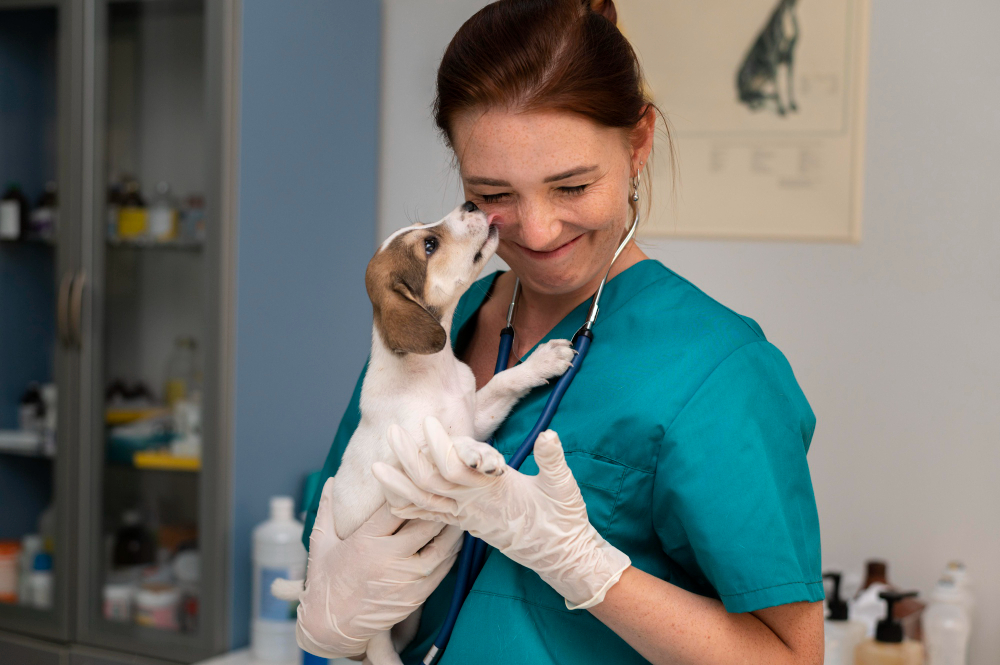
Foods Your Chihuahua Should NEVER Eat (Toxic & Harmful Items)
While addressing picky eating, it’s equally important to be aware of common human foods that are dangerous or even lethal to Chihuahuas due to their small size and specific metabolic sensitivities. Always keep these items out of reach:
- Alcohol (Ethanol): Highly toxic; even small amounts can cause severe symptoms or be fatal.
- Caffeine: Found in coffee, tea, chocolate, and energy drinks. Can be lethal at relatively low doses (around 75 mg per pound of body weight).
- Chocolate: Contains theobromine, which dogs metabolize slowly. Dark chocolate and baking chocolate are most dangerous. Lethal doses can be around 100 mg per pound of body weight.
- Grapes and Raisins: Can cause acute kidney failure in some dogs, even in small amounts. Potentially lethal at doses of 14 grams per pound for grapes and 5-14 grams per pound for raisins.
- Onions, Garlic, Chives, Leeks: All members of the Allium family. Can cause red blood cell damage (hemolytic anemia). Lethal doses for onions are around 30-60 grams per pound; garlic is more potent, around 10 grams per pound.
- Xylitol: An artificial sweetener found in many sugar-free products (gum, candy, peanut butter). Extremely toxic, causing rapid insulin release and liver failure.
- Avocado: Contains persin, which can be toxic to some animals, including dogs (though severity varies).
- Fruit Seeds, Pits, and Cores: Apple seeds, cherry pits, peach pits, and apricot pits contain cyanide. Always remove these before offering fruit.
- Hops: Used in brewing beer. Even small amounts can be fatal to dogs, causing malignant hyperthermia.
- Macadamia Nuts: While usually resulting in mild poisoning, they can cause weakness, vomiting, tremors, and hyperthermia.
- Yeast Dough: Can expand in the stomach, causing bloating and gas, and also produce alcohol as it ferments.
Less dangerous but still ill-advised items include: high-fat foods (like bacon, which can cause pancreatitis), salty foods (leading to sodium ion poisoning), milk, cheese, and dairy (many Chihuahuas are lactose intolerant), wild mushrooms (many are toxic), and unripe potatoes (contain solanine).
If you suspect your Chihuahua has ingested any toxic substance, contact your veterinarian or a pet poison control helpline immediately.
When to Consult Your Veterinarian
While most picky eating habits are behavioral, it’s crucial to know when a veterinary visit is absolutely necessary:
- Sudden Onset of Pickiness: If your Chihuahua has never been a picky eater and suddenly refuses food, this is a strong indicator of a health issue.
- Accompanying Symptoms: If pickiness is combined with other symptoms like lethargy, vomiting, diarrhea, weight loss, difficulty chewing, drooling, or changes in thirst or urination.
- Prolonged Fasting: If your Chihuahua refuses to eat for more than 24-36 hours, especially a puppy or senior dog, seek veterinary attention. Chihuahuas are small and can dehydrate or become hypoglycemic quickly.
Remember, a dog will not willingly starve themselves. With patience, consistency, and a clear understanding of what your Chihuahua truly needs (and doesn’t need), you can guide your tiny companion toward healthy eating habits and ensure they live a long, happy, and well-nourished life.

